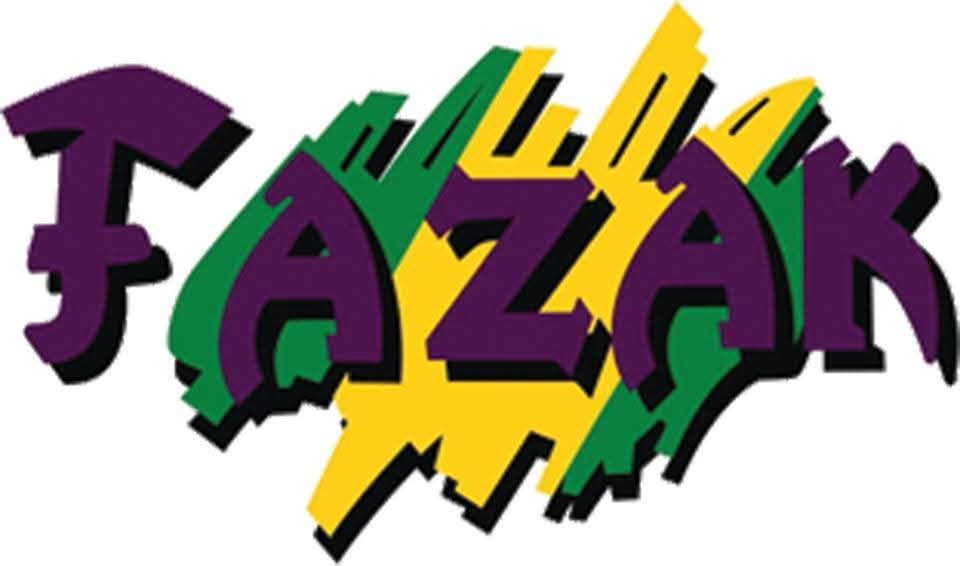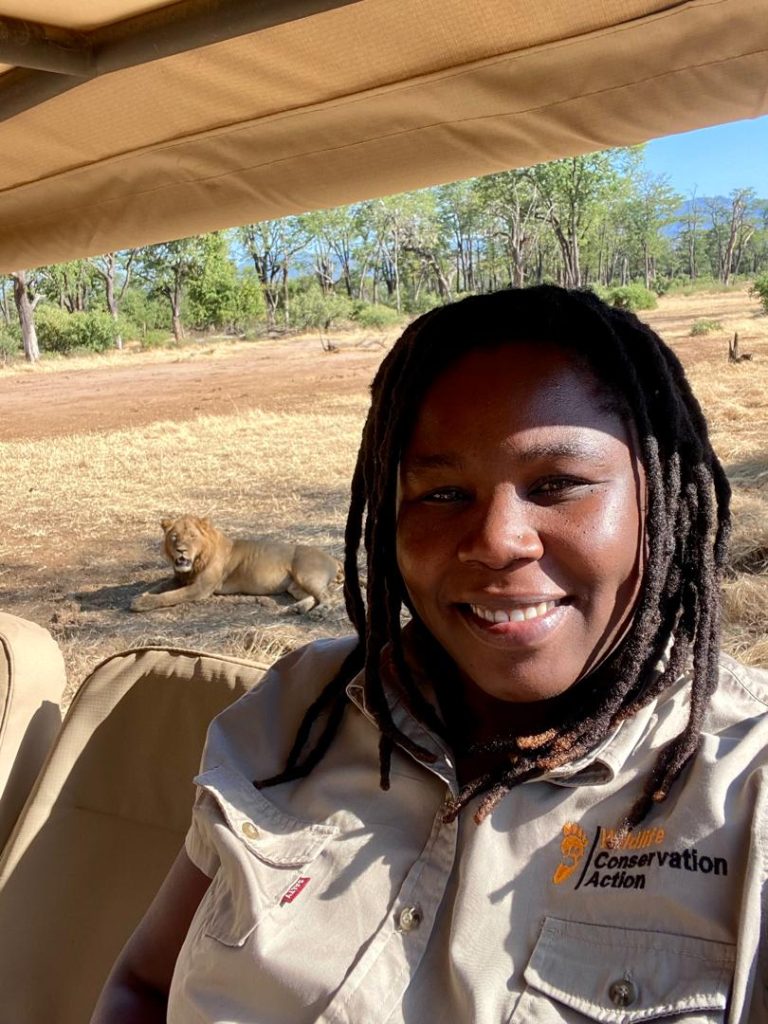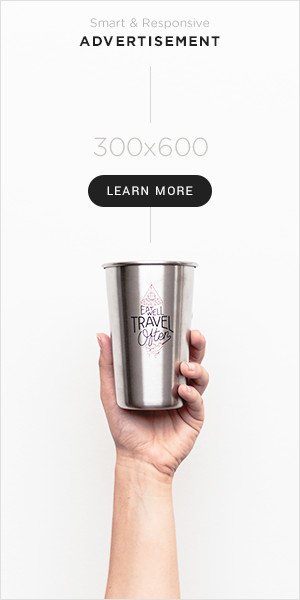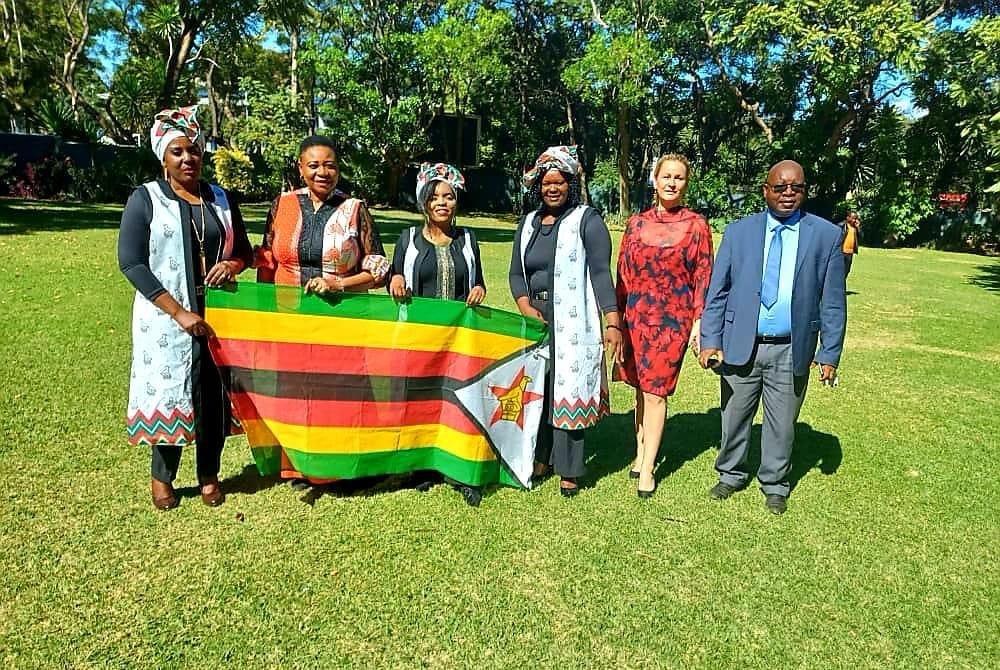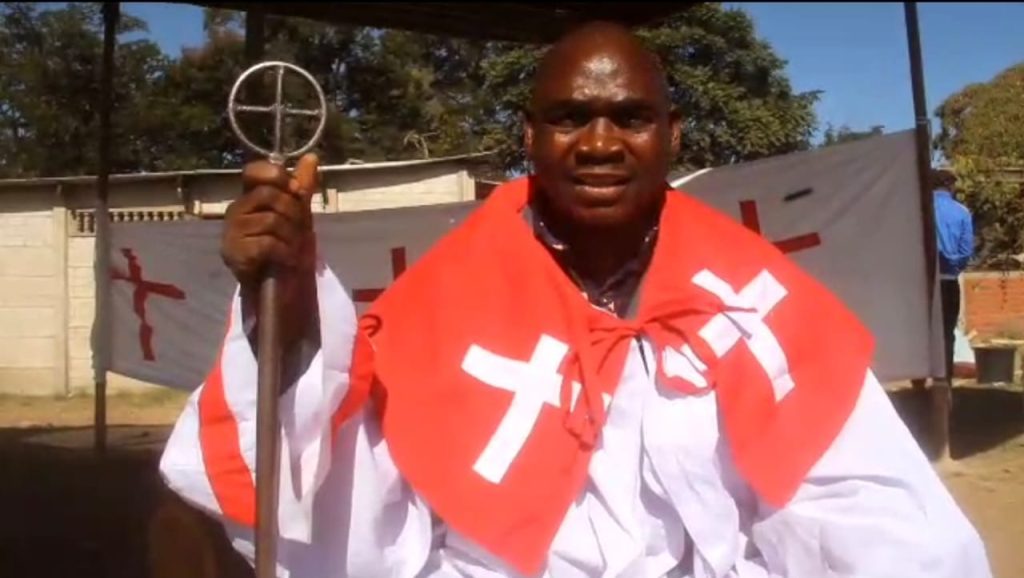Digital Telegraph Correspondent
Through the transformative power of entrepreneurship education, business environment development, and women’s empowerment programs, numerous local women are experiencing profound positive change in their lives, courtesy of She Rebuilds the World (SRW), a pioneering non-governmental organization dedicated to women’s economic empowerment. In this Question and Answer Session with Digital Telegraph Zimbabwe, SRW founder Ms Ieva Jakobsone unpacks what their organisation seeks to achieve.
Q: What exactly is the She Rebuilds the World project and what is it all about?
She Rebuilds the World (SRW) is a women’s economic empowerment project financed by the Government of the Republic of Latvia in the scope of development cooperation assistance. The project is ideated and implemented by the Latvian diaspora professional association.
The project was launched in 2022 in Namibia and Zambia and extended to Zimbabwe in 2023. The focus of the project is in line with the following United Nations SDGs: 1. No Poverty, 2. Zero Hunger, 3. Good health and well-being, 4. Quality education, 5. Gender equality, 8. Decent work and economic growth, 10.Reduced inequalities, 11. Sustainable cities and communities, 16.Peace, justice and strong institutions, 17. Partnerships for the goals.
The three building blocks of SRW encompass:
- Entrepreneurship Education – capacity and professional and business network development for young and aspiring female entrepreneurs to build and grow their enterprises and build their economic independence which is critical for women in making their choices freely and without any kind of violence. The program currently consists of 3 days of boot camps in the African partnering countries at the beginning of the project in September/October followed by a specialized online course from the following January to May where the participants develop their business plans together with counterparts from Europe and African participating countries. In 2023 Train the Trainer program was launched to capacitate knowledge sharing and capacity development in the partnering African countries by reaching to informal sectors and regional areas in the partnering countries. In Spring 2024 entrepreneurship education program has been complemented with specialized workshops in digital literacy and tools for SMEs, financial literacy for SMEs and personal finances management.
- Business Environment Development – to support the growth of entrepreneurial activities sound and inclusive business environment is a must. To assist young and aspiring female entrepreneurs in their entrepreneurial endeavours Latvian experts and professionals are sharing experiences with their counterparts on specific economic aspects of the development and providing assistance to African colleagues in strengthening their economies. This year’s topics were chosen in cooperation with national partners: digitalization, civic participation in governance, and innovation: innovation ecosystems’ development and new product development for SMEs.
- Women Entrepreneurs and Young Leaders Empowerment – a special women empowerment and leadership program has been developed to support SRW participants. The program combines an empirical focus on biases and habits endangering women’s potential in business and leadership with practical tools of coaching and mentoring. Understanding the need for a psychologically safe and trustable environment for women entrepreneurs and leaders SRW has created a sound and trustable social media ecosystem for the SRW community to share their business ideas, position their companies, goods, services and find new cooperation partners (SRW Facebook page, SRW LinkedIn page, currently SRW is working on FB ‘marketplace’ ‘SRW Connecting’ specifically focusing on connecting and providing market access across all three participating African countries to fully benefit from AfCFTA).
In addition, SRW has developed into a platform to raise African women’s voices. SRW FB page profiles the SRW participants from Namibia, Zambia and Zimbabwe allowing hearing their voices across the social platform and the continents.
SRW is sharing stories, successes and notable events of SRW participants, thus, uplifting and building self-confidence of SRW ladies. The online entrepreneurship course facilitated by Riga Business School also allows European young entrepreneurs to get acquainted with the African business environment and cultural specifics, thus, building European and African continents’ connectivity.
SRW has developed a strong and trustable support network on the ground: Ministry of Small and Medium Enterprise Development, Ministry of Commerce, Trade and Industry, Zambia Development Agency, University of Lusaka in Zambia, Business Financial Solutions, Namibia Investment Promotion and Development Board, Namibia University of Science and Technology, Ministry of Women Affairs, Community, Small and Medium Enterprise Development, National University of Science and Technology in Zimbabwe, Riga Business School, Riga TechGirls in Latvia. The project is supported by the respective Embassies of Zambia, Namibia and Zimbabwe, and the Ministry of Foreign Affairs of the Republic of Latvia.
In 2024, taking into account the needs expressed by national partners and SRW participants, digitalization (SMEs focus) and financial literacy (SMEs focus and personal finance management focus) aspects shall be strengthened (online workshops). The national business environment-themed workshops are also planned for 2024.
The two areas of SMEs and personal competencies of digitalization and finance shall be central cornerstones of the project going forward. Digitalization ‘soft’ infrastructure and innovation ecosystems’ areas are considered to be spinning-off as separate projects SRW focusing solely on young and aspiring female entrepreneurs and their capacity building.
In Season 3, if project applications are successful in obtaining financing from the Latvian government, the programs shall be brought also to Ethiopia, Rwanda, Botswana and Mozambique.
Q: How is the project going to help women in Zimbabwe?
At SRW we are here to provide the tools and assistance to women who aspire to become economically independent which is one of the preconditions to be free and self-sufficient. The skills and knowledge is only one part of the assistance.
To my mind, the sisterhood and development of personal and professional networks across the African Continental Free Trade Area is a key differentiating benefit of this program. Imagine, if one wants to source or scale up one’s business in other African countries.
The ladies can create their networks through our programs and ensure smooth market access already across Namibia, Zambia and Zimbabwe. Because they work together and they make friendships throughout the months spent together.
Women all over the world ‘suffer’ professionally and personally due to a lack of self-confidence, and self-believe. Thus, I would like to highlight that this Spring we launched and run a special Women Empowerment and Leadership Program to assist women to ascertain their worth and assets. We also engaged national lawyers from Namibia, Zimbabwe and Zambia to clarify to our ladies what are their rights under the national jurisdictions.
Women are too often too submissive and not fully aware of their rights. Thus, by providing knowledge, creating networks and educating women on their rights, we believe we empower women to live their lives to the fullest, and to build their dream lives whatever the circumstances are. To be a woman is not easy but having sisters supporting you makes us all stronger and more daring to dream.
Q: If any, what are some of the success stories that have come out of the project so far?
Statistically, the number of ladies enrolled in our programs and participating in different workshops, c 1000 ladies in the current season, is quite a big success factor. But we do not want to stop just at the numbers. Some ladies have transitioned with their enterprises from the informal economy to the formal economy, thus, ensuring that they are socially protected.
Some ladies are developing and patenting new products currently. And then some ladies are benefiting from our social media publicity on Facebook, thus, attracting a larger scope of clientele.
But I am not stopping even there! I am currently working with my colleagues in African countries to develop a strong value chain of female entrepreneurs’ empowerment. What I mean is that ladies are supported from the very early stages – of having a business idea up to the stage when a new company is registered and products and services are launched in the market.
So, the University of Lusaka has extended its partnership to offer a one million kwachas VC fund for our ladies. On May 17th we will hold pitching sessions in Lusaka where more than 25 Zambian ladies will pitch their business ideas to a panel of judges.
In case, the ideas shall be developed up to the commercialization stage, the ladies might get the funding. In case, the ideas would need to be more developed, University of Lusaka colleagues shall work with these ladies going forward. Thus, we are building sustainable partnerships to assist our ladies and be by their side for a time as needed.
Q: How can people get involved and support this important initiative?
I hope we will be able to announce the launch of Season 3 of She Rebuilds the World in June this year. So, please follow us on our Facebook page to get the latest news on our programs and workshops: https://www.facebook.com/sherebuildstheworld.
Q: What are some of the challenges that the project has faced and how have they been overcome?
There are more than 30 people involved in facilitating the project directly in Latvia, Zambia, Zimbabwe and Namibia. As Northern Europeans, we are very organized. We love to plan and we love to follow the set plans. We also value highly our time. Thus, I think, the key challenge is how we perceive time. For us, a minute delay is an acceptable delay but not more. So, sometimes how we see the time is a bit of a challenge. But we are learning! What we have learned from our colleagues and now I can say friends in the African countries is agility and resilience. There is always a solution to a problem. So, I would say there are no challenges, there is a great learning curve in building a common understanding.
Q: What are the long-term goals of the She Rebuilds the World project and how will they be achieved?
When starting the project we deliberated a lot about what shall be the title of our project. I wanted it to have something unifying, something which will inspire our ladies. At the time I was reading a lot of books about women, and their social roles in the past and present. I was also thinking about the current world and why do we have wars, famine, and geopolitical conflicts.
Although historians would say that we are living in the best times of human history, to me – the world did not seem to be so fair, just and nice. When one of my colleagues suggested the title ‘She Builds the World’ I thought – the world is already built but maybe we, women, can rebuild it as a better place to live and love. There is a lot of empirical research and reports confirming that women are better leaders and more mindful leaders. We care more about society, the weakest, the sustainability. Thus, we all are here in our SRW community to make the world a better place to live and love! This is also the ultimate goal of the project and we can achieve it by being our best every minute, every day.

